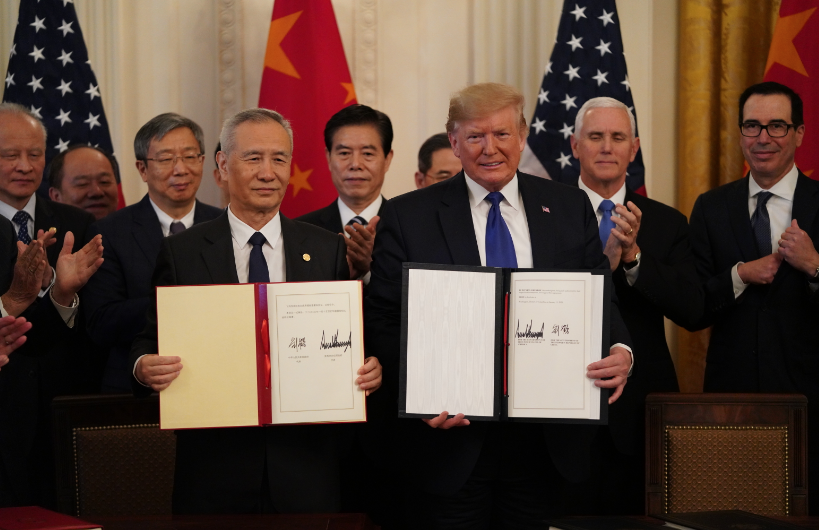
While the COVID-19 outbreak is drawing all the attention in the market, the phase-1 trade deal between China and the U.S. officially went into effect on 14 February. China was on track to fulfill its commitments, mostly related to regulatory reforms. But it is impossible for Beijing to deliver the total purchase volume for 2020 thanks to the U.S. travel ban as well as shrinking Chinese demand.
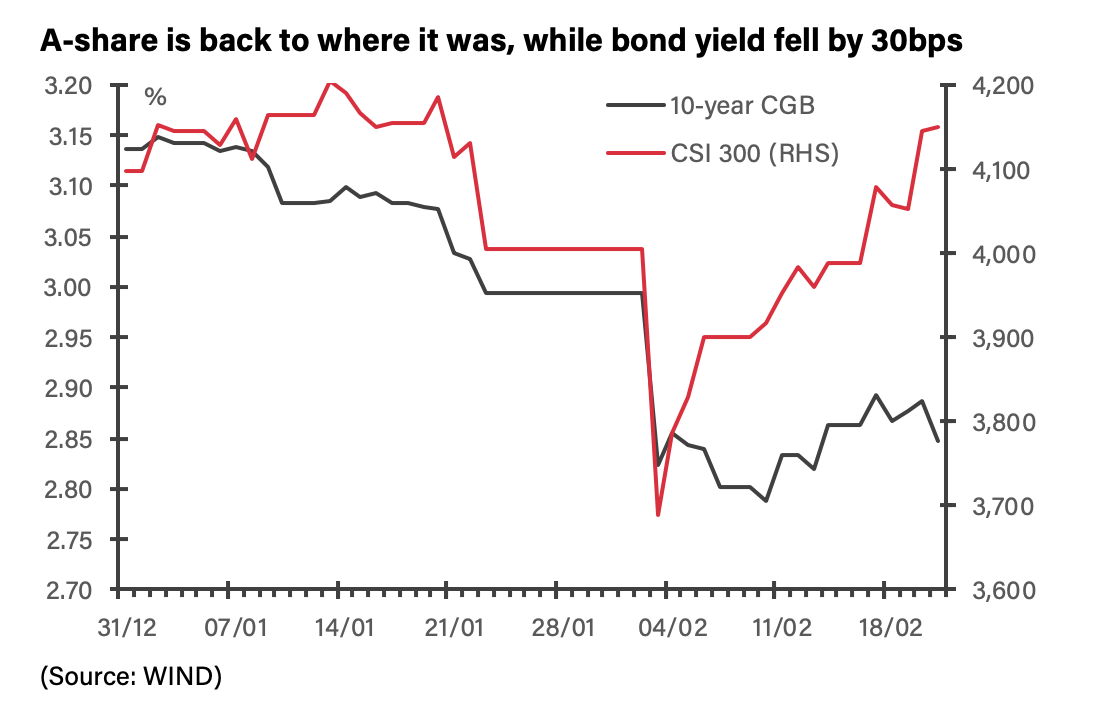
Chinese markets have seen remarkably different reactions to the COVID-19 outbreak over the past few weeks. The A-share market has fully recovered from the 12% sell-off in late January and early February. It has now rebounded back to where it was before the outbreak with the CSI 300 index up 1% year-to-date.

China’s current account surplus rebounded to $178bn in 2019 from $49bn in 2018, as both goods trade balance and service trade balance improved from last year. As a share of GDP, it rose to 1.2% from 0.4% in 2018. Most notably, outbound tourism spending fell to $255bn from $277bn. The surplus could rise further because outbound tourism spending can fall a lot more this year, and China’s import will slow down much more than export thanks to the outbreak.
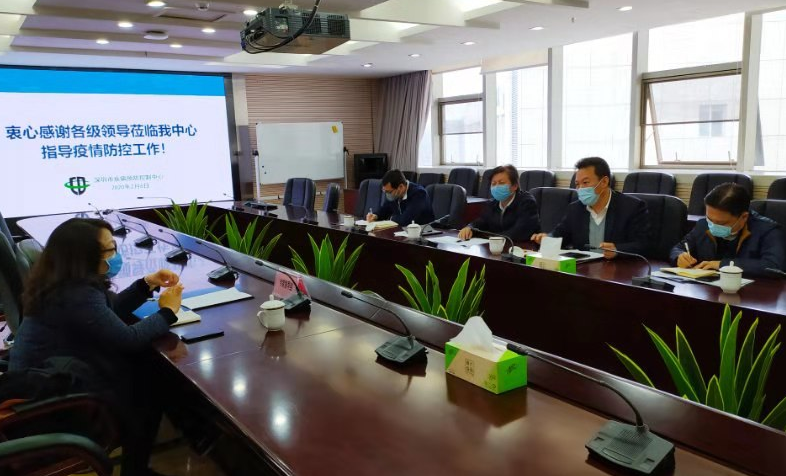
Beijing decided to postpone the annual meeting of the National People’s Congress (NPC) this afternoon due to the outbreak. We hold the view that it is likely to be held in late March with about two weeks delay, and there is a small chance that it will be delayed into April (See: Expect More Delays to Restoring Business). The healthcare system would certainly be a top priority for discussion at this year’s NPC annual meeting.

On 13 February, Beijing decided to overhaul the leadership of State Council Hong Kong and Macau Affairs Office (HMO), the top manager of Hong Kong and Macau affairs. It demoted Zhang Xiaoming from HMO director to deputy director, and appointed Xia Baolong, incumbent vice chairman of Chinese People’s Political Consultative Conference (CPPCC), as Zhang’s replacement.
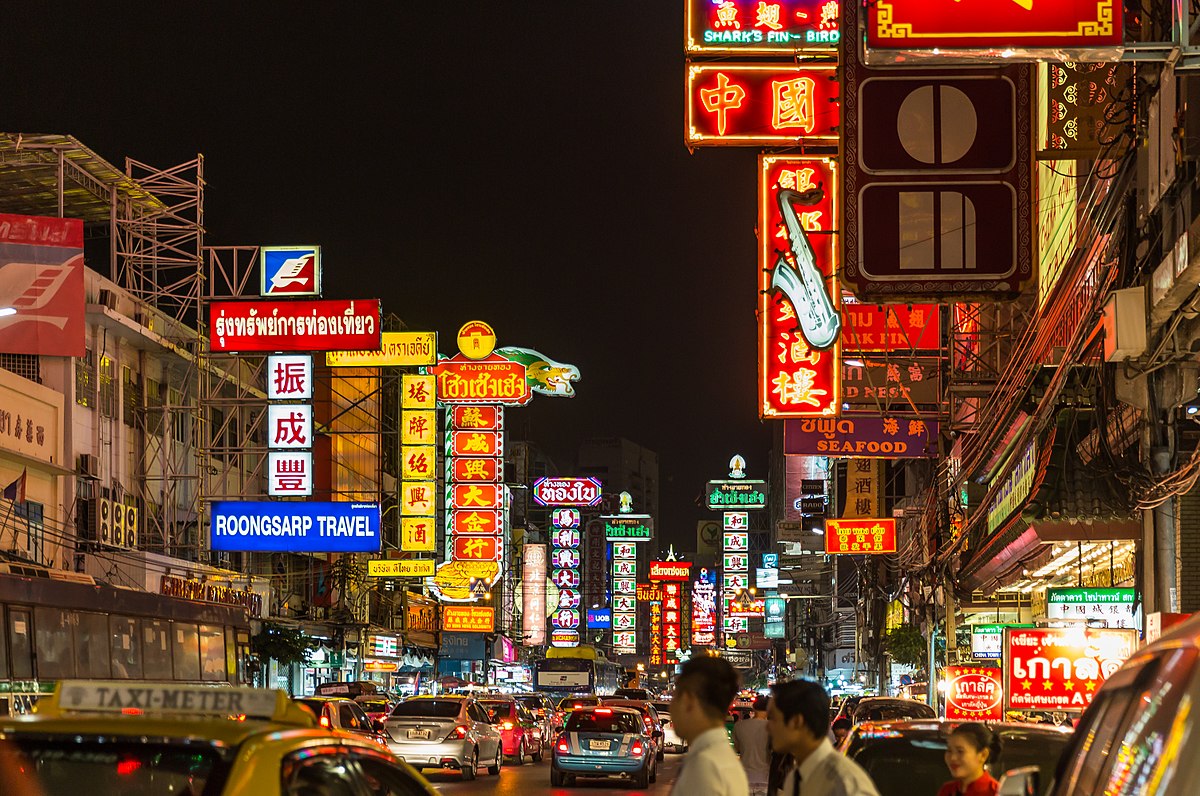
Chinese government is putting more focus on restoring business operations, but the policy responses still fall short of expectations. The impact is going to be increasingly felt in the rest of Asia, and this time, countries will need to come up with their own measures to support the economy rather than waiting for Beijing to bail them out.
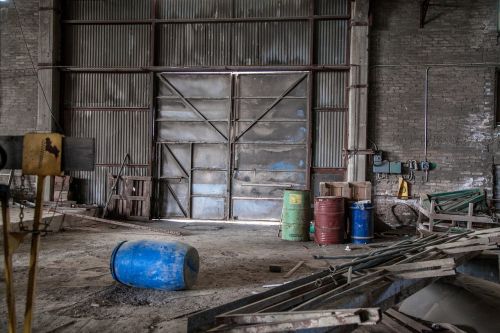
For the manufacturing sector, firms could resume work today if their workers and suppliers are both local, but the firms must pass strict health and sanitation checks. For instance, enough face masks must be made available to workers, a difficult requirement for many employers, as local governments have been commandeering available face masks. Those labor-intensive manufacturers employing workers from all over the country will have to wait for longer.
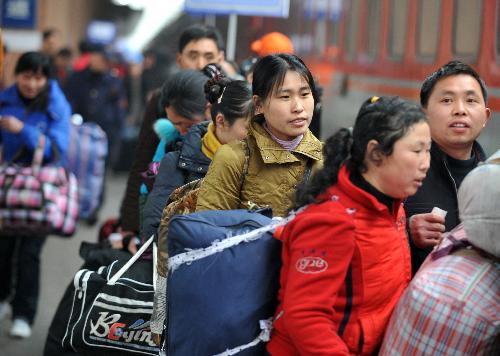
We are very skeptical that corporate China would resume production as usual on 10 February (next Monday). The number of new cases is still rising rapidly at over 3,000 per day and there are signs that some places outside Hubei province are in emergency with a few cities toughening policies on mobility. Several cities in Jiangsu and Zhejiang provinces also announced very strict rules preventing residents from going out of their living compounds.
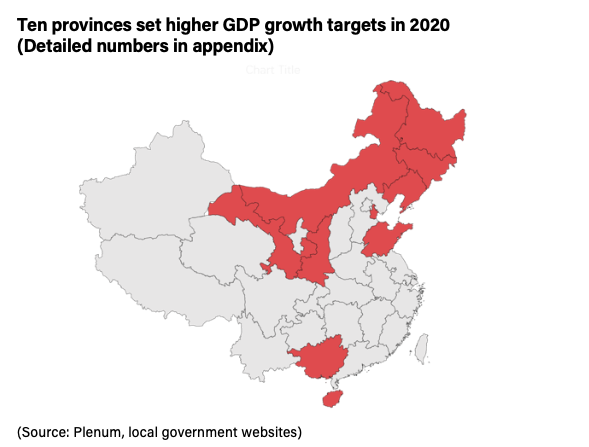
Comparing the coronavirus with SARS is not quite appropriate because the scope of quarantine is unprecedented. Several of our team members were in Beijing in 2003 and as far as we remember, the schools were shut down and the workers were told to work from home for a month. But the transportation service was still functioning and most other places in the country were working as usual.

